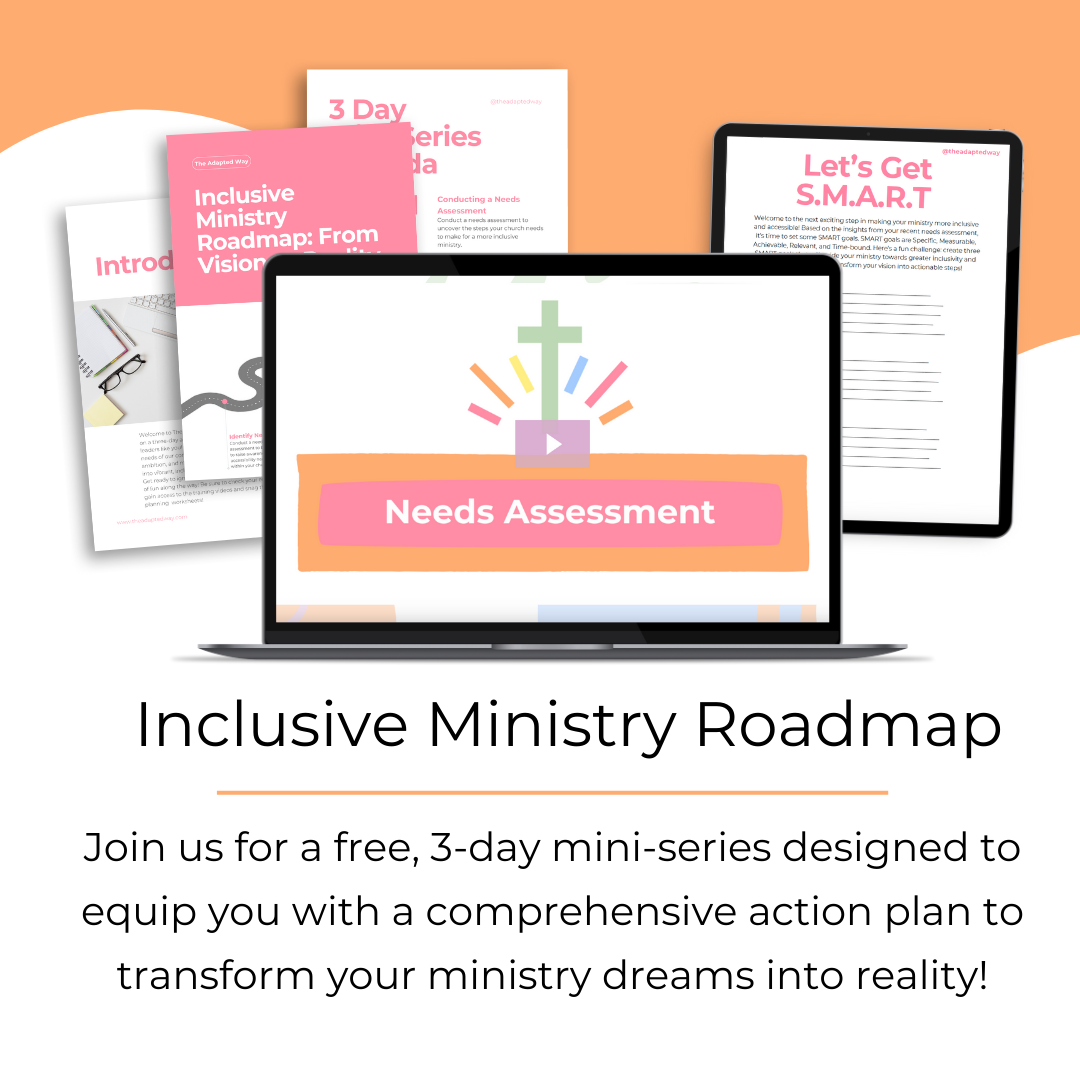
Mastering Special Needs Ministry Training: What Your Volunteers Need to Know
Jul 23, 2024I know that well-trained volunteers are the backbone of a successful special needs ministry. To ensure your volunteers are fully prepared and confident in their roles, i've identified three crucial training topics to include in your special needs ministry training. Let's explore these essential areas!
1. Role-Specific Responsibilities and Expectations 📝
Clear expectations lead to confident volunteers! Begin by outlining the specific responsibilities of each volunteer role. This includes not only their general duties but also key areas such as communication strategies, behavior management, and disability etiquette. Volunteers need to understand effective ways to communicate with students, manage behavior positively and constructively, and use respectful and inclusive language and practices.
Training Tips:
- Provide detailed written role descriptions.
- Offer training on behavior management strategies and techniques.
- Educate volunteers on disability etiquette and respectful interactions.
2. Safety Protocols and Emergency Procedures 🩺🚨
The safety and well-being of students are of utmost importance. Ensure your volunteers are well-versed in all safety protocols and emergency procedures. This includes basic first aid, evacuation plans, and specific health needs of students. Reviewing these protocols will help volunteers react calmly and efficiently in any situation, ensuring a safe environment for everyone.
Training Tips:
- Review emergency plans
- Review specific health and safety needs of students they will be working with
- Provide a checklist of emergency procedures.
3. Confidentiality and Privacy Guidelines 🔐
Respecting the privacy of students and their families is critical in a disability ministry. Volunteers must understand the importance of maintaining confidentiality regarding any personal or sensitive information. This includes respecting boundaries, handling student information discreetly, and ensuring that any discussions about students are kept private.
Training Tips:
- Provide clear guidelines on what constitutes confidential information..
By focusing on these three training topics in your special needs ministry training, you can ensure your volunteers are not only well-prepared but also feel valued and supported in their roles. Together, we can create a safe, respectful, and empowering environment for all our students.
Ready to take your inclusive ministry to the next level? Sign up for my FREE 3-Day Training: Inclusive Ministry Roadmap! This training will teach you how to start a special needs ministry or improve the one you already have. Don't miss out on this valuable opportunity to make a real difference in your ministry.
👉 Sign up now and start your journey towards a more inclusive ministry today!


